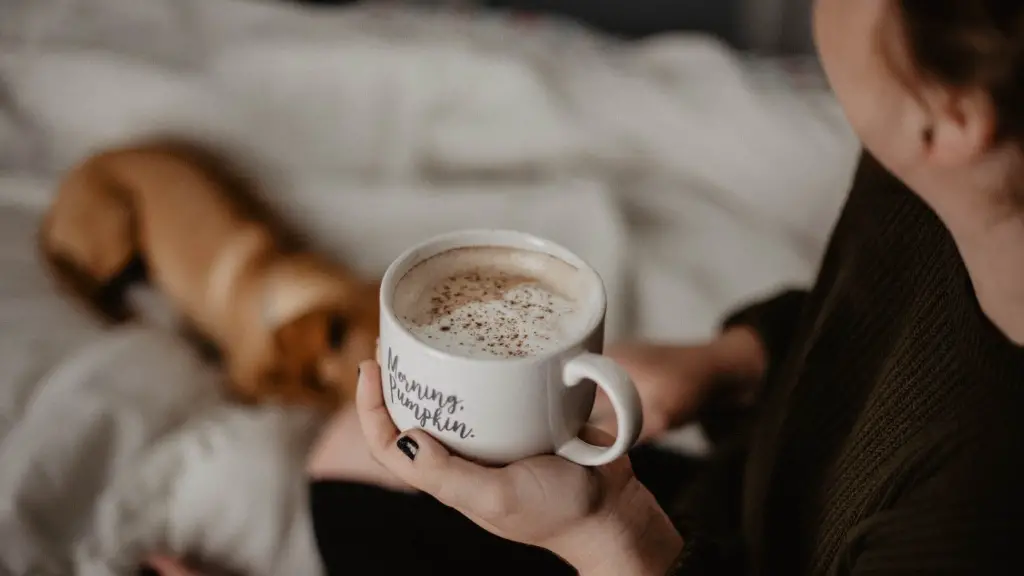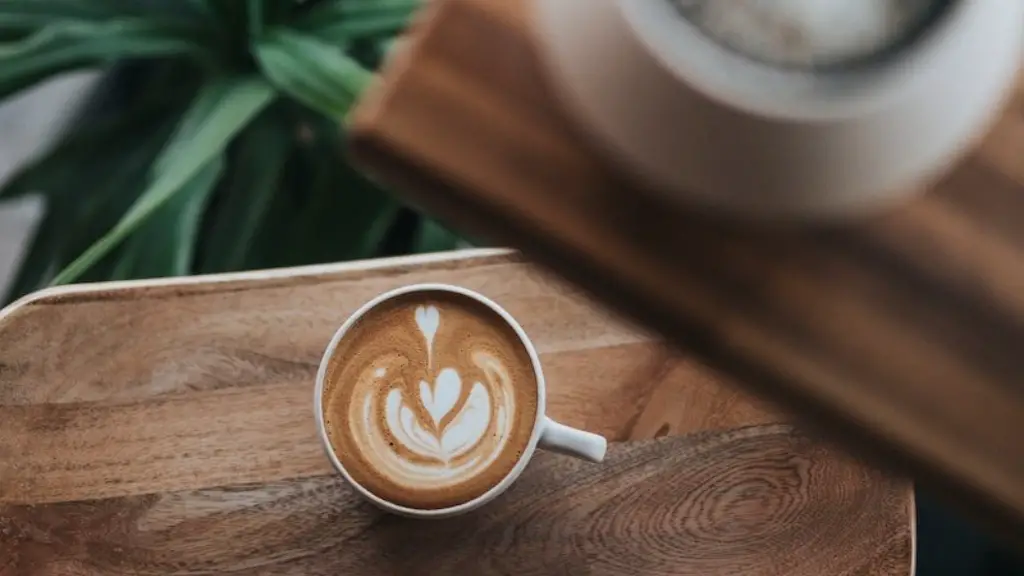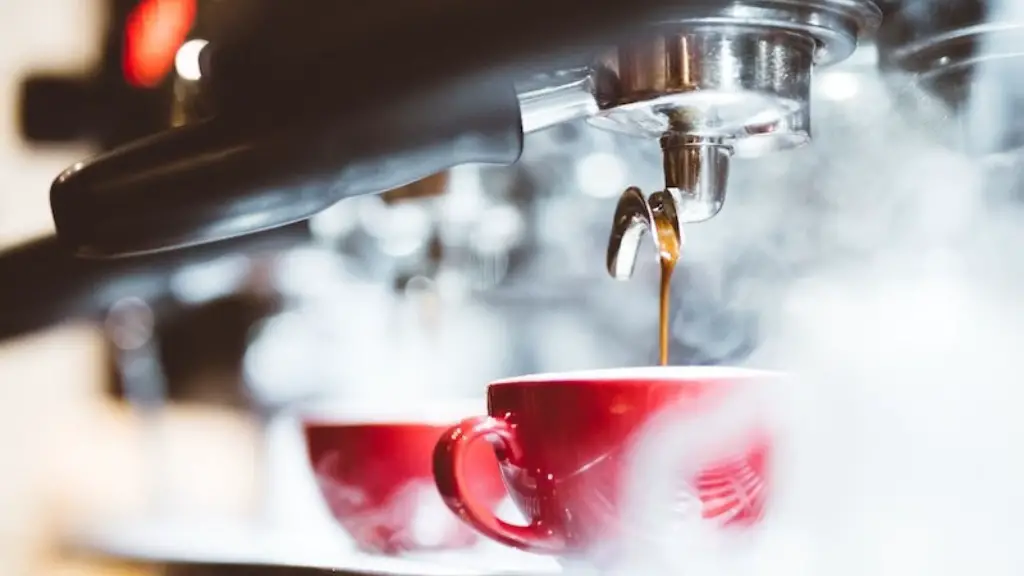Can I Drink Coffee The Day Before a Colonoscopy?
Coffee is one of the most beloved beverages in the world. Millions of people rely on its energy-boosting goodness every single morning. For those who experience gastrointestinal distress, however, the question looms on whether they can indulge in coffee before functions such as a colonoscopy. Should coffee be avoided entirely to prepare for the procedure?
What is a Colonoscopy?
A colonoscopy is a test performed by a doctor, often a gastroenterologist, to look inside a person’s large intestine and rectum for any possible signs of illness, infection, or other concerns. Depending on the results of the test, a doctor may recommend additional tests or treatments to ensure the patient’s health.
Preparing for a Colonoscopy: General Rules
A colonoscopy requires preparation that may last up to a day or two prior to the appointment itself. Since the doctor needs as clear of a view as possible to see inside the large intestine and rectum, part of the preparation usually involves the patient consuming a liquid that causes the digestive system to empty itself. This might involve drinking a special solution prescribed by a doctor or abstaining from food and drinks other than water the day before the colonoscopy. The goal is to reduce the amount of intestinal contents that will obscure the doctor’s view during the procedure.
Can I Drink Coffee Before a Colonoscopy?
Coffee generally should be avoided before a colonoscopy, but the timing of consumption depends on the doctor’s preference. Some doctors advise forgoing any coffee consumption 24 hours before the procedure, while other doctors say that limiting intake 12 hours before the procedure should suffice. Unclear instructions on when to stop drinking coffee before a colonoscopy can lead to failed tests and subsequent repeat tests, so it is best to ask a doctor directly when coffee consumption should stop to ensure the best possible results.
What Kind of Coffee is Allowed?
When coffee is to be avoided before a colonoscopy, all types of coffee-based beverages are usually considered off-limits. These include iced coffee, latte, espresso, cappuccino, macchiato, and other coffee drinks. Some doctors may also recommend avoiding anything with caffeine, including black tea or green tea.
What About Decaffeinated Coffee?
Decaffeinated coffee is an option for those who would like to enjoy a cup of coffee before their colonoscopy. Since decaffeinated coffee still contains a small amount of caffeine, it is recommended to consult a doctor for a personalized recommendation.
Coffee and Gut Health
Coffee is naturally loaded with caffeine, which can stimulate the gut wall when consumed in large amounts. High caffeine levels can also increase chances of stomach irritation and may even cause constipation. Too much caffeine can also contribute to symptoms of irritable bowel syndrome (IBS) such as cramping, bloating and abdominal pain.
Although coffee can have a laxative effect in some people, habitual caffeine intake may alter the gut bacteria in some individuals, potentially leading to adverse effects. A wide range of studies have suggested that caffeine may worsen symptoms in patients with ulcerative colitis, colon inflammation, flare-ups and other digestive issues. The effects of caffeine intake on gastrointestinal health can vary from person to person, but people with a history of interfering with GI health should talk to their doctor about on the long-term effects of regular coffee consumption.
Quitting Coffee Temporarily for a Colonoscopy
People who are used to drinking coffee can have difficulty abruptly cutting off their caffeine intake for a colonoscopy or for any other reason. Caffeine withdrawal is a real thing and can cause a variety of side effects, ranging from headaches and fatigue to anxiety.
The American gastroenterology association advises patients to wean themselves from frequent caffeine usage leading up to the colonoscopy in order to reduce withdrawal symptoms. Some doctors may also suggest taking shorter breaks from coffee in order to get used to life without the energy-boosting properties of caffeine, as well as being mindful of the amount of caffeine being consumed each day.
Making the Most of Caffeine-Free Time
Even though it’s common to miss coffee after quitting it, lifestyle changes can help minimize withdrawal symptoms. Exercise is a good way to reduce caffeine cravings and get back on track with drinking hydrating fluids instead of coffee. Even just swapping out a short evening walk or a morning workout in place of coffee can provide a slight energy boost and increased sense of wellbeing after abstaining from it.
There are also other alternatives to counter the afternoon slump. Taking naps, drinking a glass of fresh lemon water, or opting for a herbal tea can provide relaxation, rehydration and a caffeine-free energy boost.
Caffeine Alternatives
There are many other beverages and foods that can provide an energy boost, even for avid coffee lovers. A matcha latte and a maca latte are great half-caffeine, half herbal options that offer both energy and a sense of calm. Non-caffeinated energy-enhancing beverages can also find their own place in someone’s daily diet. Some popular caffeine-free options are smoothies, green juices, coconut water and chia seed pudding.
For coffee followers, there is also the option of opting for coffee substitutes based on roots and grains that are said to bear some resemblance to coffee in terms of taste and texture. Chicory root and dandelion root coffee, roasted grains like barley and rye, and teas such as rooibos can provide a unique coffee-like experience, but without the caffeine.
Does Caffeine Interfere With Colonoscopy?
Although certain types of coffee intake should be avoided before a colonoscopy, a person’s overall caffeine consumption shouldn’t interfere with the procedure itself. Depending on individual availability, doctors may occasionally recommend taking antispasmodics to relax the gastrointestinal muscles before the colonoscopy, which can also minimize caffeine-related symptoms and enhance the doctor’s view.
In general, when it comes to coffee consumption, it is always best to first discuss any questions or doubts with a doctor for a personalized opinion. Taking the right precautions before a colonoscopy and following the doctor’s recommended instructions can help ensure the best possible outcome and that the test results are accurate.


